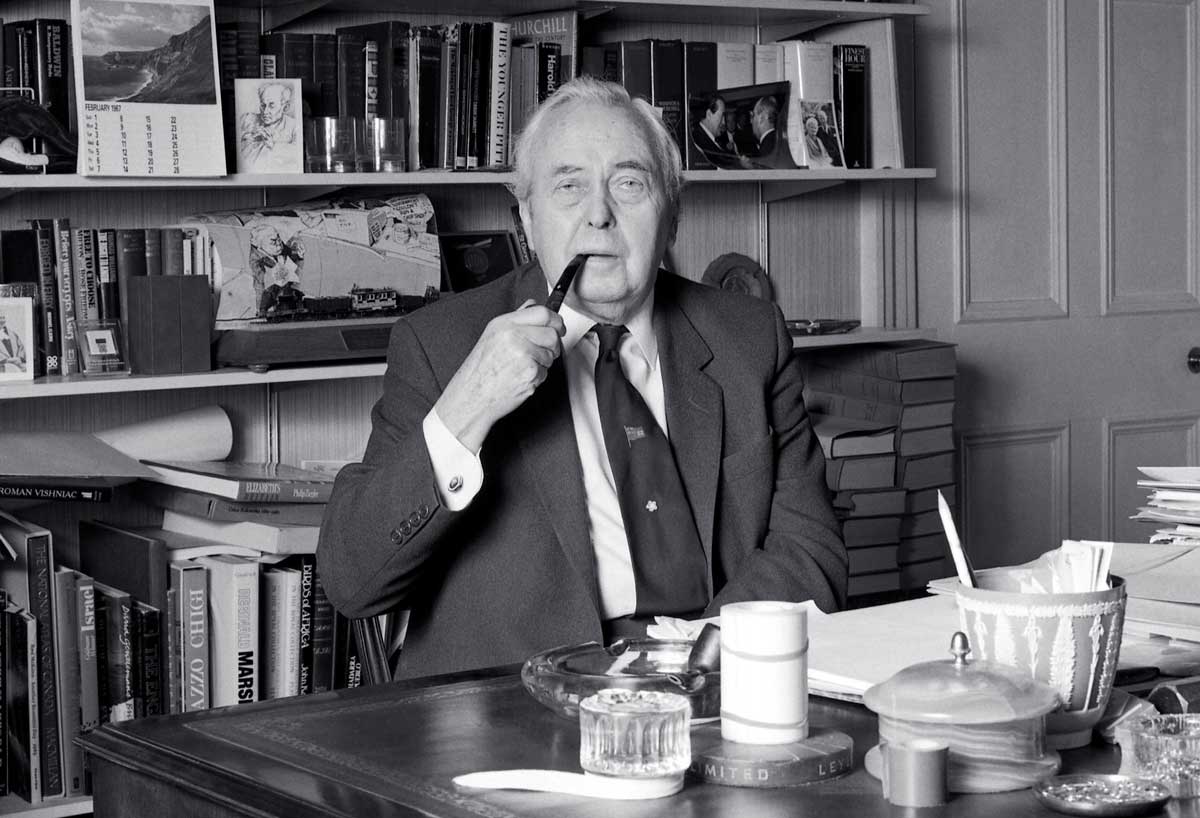Main Man | History Today - 4 minutes read

Nick Thomas-Symonds has previously written two very good biographies of Labour titans – Clement Attlee and Nye Bevan; now he has turned his attention to Harold Wilson. It is certainly time for Wilson to be revisited, although there are already several excellent biographies of him, not least Ben Pimlott’s 1993 tome and Philip Ziegler’s authorised biography published in the same year. Wilson’s political reputation is difficult to pin down. For some, he was the ultimate shapeshifter, a pragmatic politician whose principles, were he to hold any, were very well hidden from view. For others, his pragmatism made him an excellent leader, someone who was not doggedly wedded to ideology but able to recognise the strengths in those that were. Thomas-Symonds is an unashamed admirer of Wilson and his pragmatism, although he does try to tread a careful path in this well-researched and readable biography. In The Winner, we meet a Wilson who is both pragmatic and principled, able to be flexible on certain issues, inflexible on others. On occasion, the book does feel a little too forgiving of its subject.
In common with all successful politicians, Harold Wilson knew how to lead, how to interact with people and who to talk to. He also knew how and when to take his shot and make the most of any opportunity that came his way. If that involved a certain degree of disloyalty, then so be it. In the 1950s, the Labour Party was split into factions. The Gaitskellites, following Hugh Gaitskell, represented the revisionist voice of the party, opposing traditional policies on taxation and nationalisation. The Bevanites, following Nye Bevan, advocated Labour’s adherence to strong socialist principles. Wilson belonged to neither group, though he did have strong links to Bevan and Richard Crossman, another staunch Bevanite. For Thomas-Symonds, this lack of affiliation is an asset. By standing on the Bevanite sidelines, Wilson created a circle of friends and backers without ever needing to be in the trenches of the ideological battlefield. This excluded him from the Gaitskell set, but they would never have considered him a potential ally anyway. Ultimately this worked for Wilson, but to portray it as a virtue is generous to him.
That said, Thomas-Symonds’ high regard for Wilson is not misplaced. Wilson was prime minister for eight years and won four general elections (in 1964, 1966 and October 1974, although he served as prime minister of a minority government from February 1974). He oversaw the creation of the Open University, his government allowed time for liberal bills in Parliament (most notably on abortion rights and the legalisation of homosexuality), he successfully resisted pressure from the US to send UK troops to Vietnam and he managed to keep the Labour Party together for more than a decade. Not a bad record and one undoubtedly built on his pragmatism and his ability to recognise the strengths in even the most treacherous of colleagues and friends. For all this, Wilson deserves his place on the list of successful Labour leaders alongside Attlee, Tony Blair and maybe even Ramsay MacDonald.
At times, the glowing portrayal of Wilson threatens to undermine the book. Wilson made mistakes, and this biography does rather gloss over them. But I would heartily recommend The Winner to anyone interested in postwar British politics. Mixing anecdote and fact, Thomas-Symonds paints a vivid picture of the era that is hard to find elsewhere. In its pages, we meet the major political figures of the postwar period – but there is no doubt who the main player is.
Harold Wilson: The Winner
Nick Thomas-Symonds
Weidenfeld & Nicolson 544pp £25
Buy from bookshop.org (Affiliate link)
Victoria Honeyman is Associate Professor of British Politics at the University of Leeds.
Source: History Today Feed